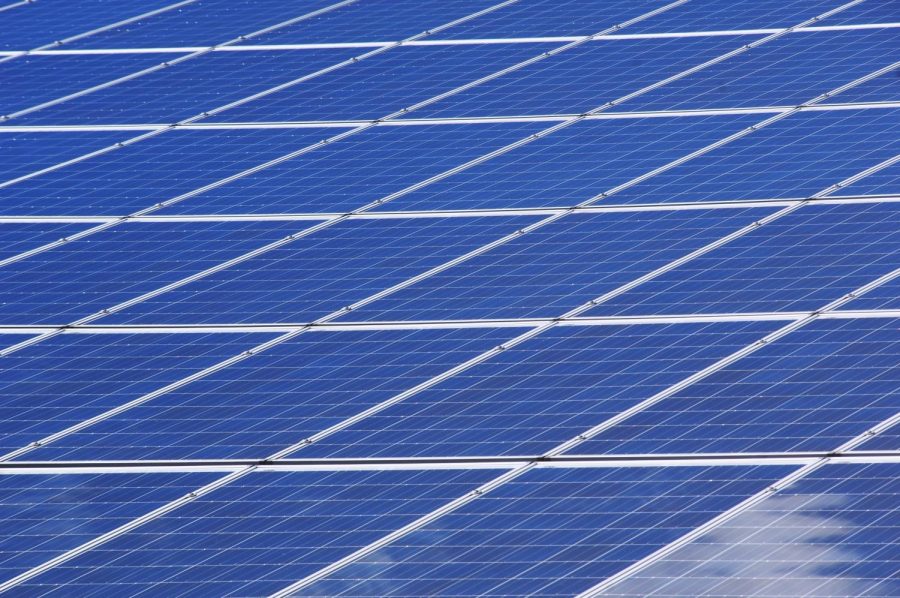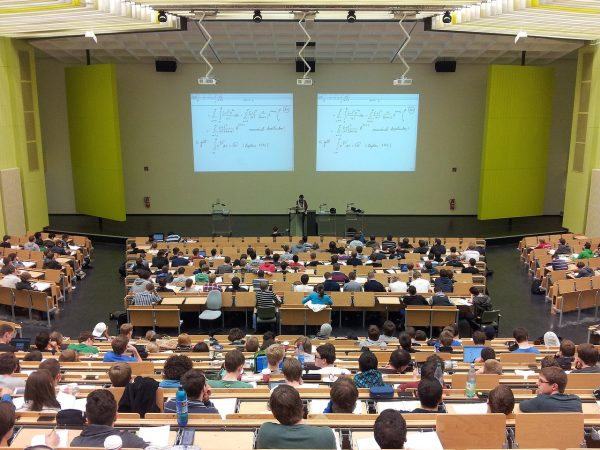Environmental Sustainability
When our great ancestors saw this Earth, they must have thought that they are in some kind of Paradise full of colors and with an infinite amount of resources. Well, they were wrong (about the last part), because our environment actually has a limited amount of resources. Once used completely, they need a certain amount of time to replenish those resources. Autotrophs for example not only produce food for themselves, but also for most of the organisms on Earth. They have certain adaptations that help them to not only survive, but also thrive in most of the ecosystems and tough environmental conditions. No matter how much area of Earth these autotrophs cover, they too need some time to replenish themselves.
The term environmental sustainability can be defined as “what our environment can support,” in other words, “the rate of replenishment should be equal (if not slightly greater) than the rate of consumption.” If you want to know what things our environment can support, and what it can not, just ask yourself a simple question “can this behavior/process continue to occur infinitely without running out of resources?” If your answer is No, then it is probably not sustainable for the environment. An example of something that is not sustainable by the environment would be burning of fossil fuels to produce electricity.
Now the question is why do we care about environmental sustainability? There are many reasons to care and lead a sustainable life. Leading a sustainable life can reduce the amount of money you spend. On its own it has many benefits like living a debt and stress-free life, which is kinda hard to do nowadays. If done by all of us, it can improve the quality of the air we breath in. Even one person on his/her own can make a difference. Waiting for everybody else to start doing it is not practical. Fresh air and a clean environment most directly means better health and fewer chances of diseases. Along with all of the benefits mentioned, you get a feeling of satisfaction that you did your part in saving the planet for future generations.
We all need to work together if we want to save this beautiful world. We can do this by leading a sustainable life. Even little things can have a great impact.
- Turn off appliances and lights when you are not using them. Install electric efficient appliances like energy-saver light bulbs (LED).
- Recycle as much as possible. You start doing it from your school and make a habit of doing it. Don’t just throw away whatever you don’t want in the trash can, always put the recyclables and trash in separate bins
- Don’t waste resources. This also can be implemented in our school take only that much food that you know you will be able to eat, don’t take food if you are not going to eat it. Use napkins properly before throwing them in the trash this will dry your hands better and you would have to use fewer napkins.
- Resell or donate used items. Remember the Three R method to reduce pollution and lead a sustainable life, Reduce, Reuse and Recycle.
- Save water. Reduce the usage of water in household as well as other places like libraries, schools and the workplace.
- Rely on public transport like subway and busses and trains instead of cars. Less cars less toxic waste in the environment.
- Borrow books from your school or public library instead of buying them.
- Plant trees.
In the end, it all comes down to, “what are we leaving for our future generations? Is it a healthy and resourceful planet or a diseased and dying planet?”











